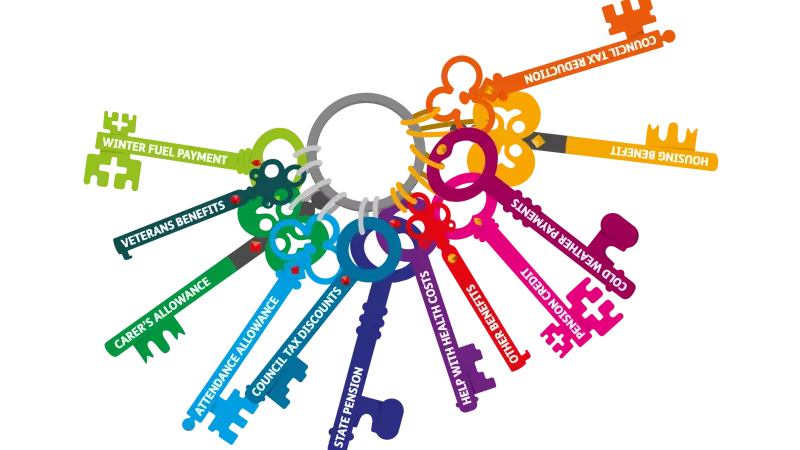Blog: 12 tips for staying safe from scams
It’s already the most commonly experienced crime in the UK. And now fraud is on the rise, as unscrupulous scammers take advantage of the coronavirus pandemic.
Phishing, vishing, text or social media – there seems no end to the increasingly sophisticated ways that criminals will try to obtain our personal details. Ofcom recently warned people to be wary of “track and trace” scams, with fake “contact tracers” tricking people into divulging information.
No matter our age or our health, almost any of us can be taken in. But sadly, older people can be more affected, with criminals targeting them because of their perceived vulnerability.
Retired people are more likely to be at home during the day (until recently in any case) and use a landline. They might have more savings in their bank account than younger people.
An increasing number of older people live alone, putting them more at risk – discussing a call with a family member or friend can make us stop and think twice. And people with health conditions, such as dementia, can be especially vulnerable.
With bank branches cutting their opening hours, more of us are turning to phone or online banking. This might be convenient, but it’s vital to be wary of fraud.
The latest technology means that scammers can even “spoof” a bank’s telephone number, giving customers a false sense of security.
There’s nothing to be ashamed of if you end up as the victim of a crime – but too many feel embarrassed to report scams. In fact, recent research suggests that many people are reluctant even to tell their close family and friends.
To mark Scams Awareness Fortnight, we asked Bank of Scotland and the Royal Bank of Scotland to share some top tips on protecting ourselves and our families. They’re warning people about “impersonation scams” which often involve someone pretending to be from their bank or the police, who may ask them to quickly transfer money to a “safe account”.
They advise being wary of:
Unexpected calls - If you didn’t expect the call then it could be a scam
Pressure calls - Fraudsters want to hurry you into making a quick decision and might ask you to “keep it quiet”
Refunds – Banks will never call about a refund – this is a scam
Calls from the police - Police will very rarely call, and they will always follow up with a visit from an officer with photo ID and a warrant number
If you do get a cold call:
Hang up and call back – If you’re not sure, tell them you’ll call back. Use a number you trust, or dial 101 for the police
Take five – Ideally call back from another phone. If you can’t, then wait five minutes to ensure a scammer isn’t still on the line
Contact your bank – Don’t trust the number on your caller display. If you have doubts, call the number on the back of your bank card
Do not transfer any money - Your bank or the police will never ask you to move money from your account
Whether you’re a silver surfer or a digital native, then staying safe online is vital. A few simple steps are:
Make passwords unique - Don’t recycle the same ones or use ones that are easy to guess
Never share personal information – This includes PINs, passwords, or one time passcodes
Do not log onto your computer - Unless you called for help with online banking, don’t log on to your computer for an unexpected call or allow someone remote access
Do not say what is on your computer screen - A genuine caller will never ask you for this
For more information, check out Age Scotland’s latest scams guide.
Photo by Utsman Media on Unsplash


